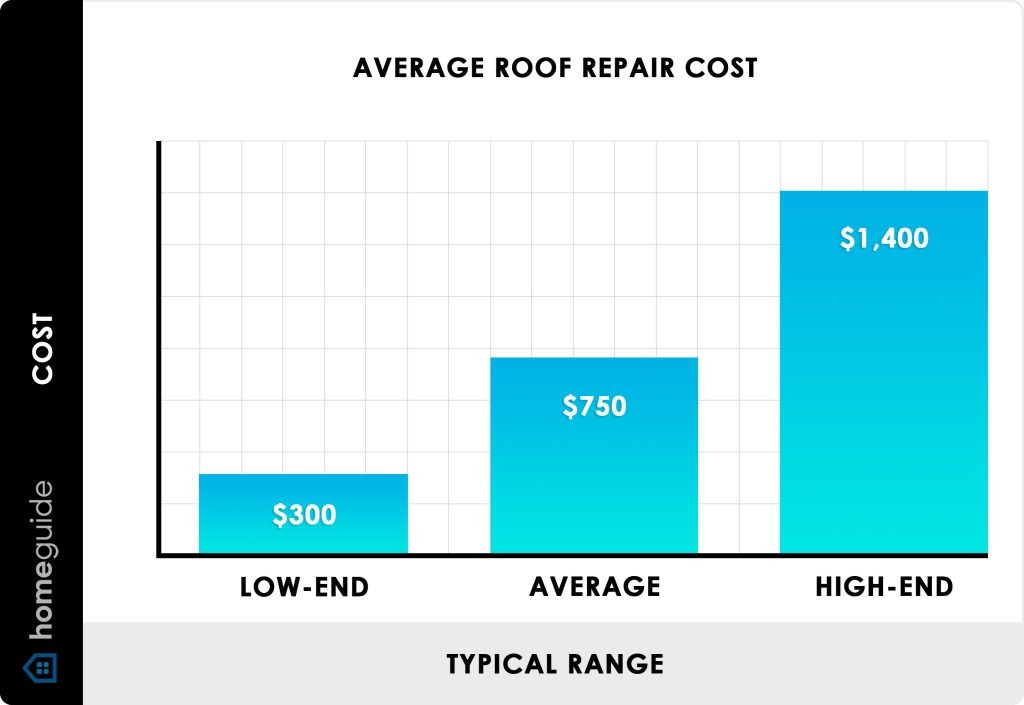Introduction
When it comes to the integrity of your home, few things are as crucial as a sturdy roof. A well-maintained roof not only enhances the aesthetic appeal of your property but also protects it from the elements. However, over time, wear and tear can take its toll, necessitating repairs. Understanding the cost factors associated with roof repair is essential for homeowners to budget effectively and ensure the longevity of their roofs.
Average Cost of Roof Repair
Roof repair costs can vary significantly depending on various factors, including the type of repair needed, the materials used, and the location of the property. As of 2024, the national average cost for roof repair ranges from $300 to $1,500. However, it’s essential to note that these figures are only a rough estimate, and actual costs may differ based on individual circumstances.

Types of Roof Repairs
Roof repair encompasses a wide range of services tailored to address specific issues with different types of roofing materials. Common types of roof repairs include shingle repair, tile repair, flat roof repair, and metal roof repair. The cost of each repair varies depending on the materials involved and the extent of the damage.
Common minor repairs include:
- Minor leaks
- Damaged or missing shingles
- Holes and punctures
- Pooling water
- Minor flashing damage
Common major repairs include:
- Electrical problems
- Water damage
- Roof shrinking or sagging
- Chimney damage
- Major flashing damage
- Partial roof replacement

Factors Affecting Roof Repair Costs
Several factors can influence the cost of roof repairs, making it challenging to provide a one-size-fits-all estimate. Roof size, pitch, material costs, labor costs, and accessibility are some of the primary factors that contractors consider when determining the overall cost of repairs.
- Size and Complexity of Your Roof: Larger roofs with multiple angles, valleys, or dormers naturally cost more to repair due to additional materials and labor.
- Type of Roofing Material: Asphalt shingles are the most common in Georgia and generally more affordable to repair than materials like metal, slate, or tile.
- Extent of the Damage: A few missing shingles will be much less expensive to fix than extensive damage across large sections of your roof.
- Accessibility: Hard-to-reach roofs or those with steep pitches may require specialized equipment, increasing labor costs.
- Labor Costs in Your Area: Roofing contractor rates can vary across Georgia. Douglasville and the surrounding West Georgia areas have their own competitive market.
- Permits: Some repairs may require permits from your local municipality, adding to the overall cost.
Signs That Your Roof Needs Repair
Identifying early warning signs of roof damage can help homeowners address issues promptly, potentially saving them from costly repairs down the line. Common signs that your roof needs repair include water leaks, missing shingles, sagging roof sections, and increased energy bills due to poor insulation.
- Shingles are missing, cracked, curled or otherwise damaged
- Roof is sagging or shrinking
- Water stains on the ceiling below the roof
- Mold or moss growth on the roof
- Rusted flashing around vents, chimneys or skylights
- Sunlight coming through the roof boards
- Unexplained increases in your monthly energy bills
- Shingle granules or larger pieces in your gutters or yard
- Standing water on the roof, which might indicate sagging
DIY vs. Professional Repair Costs
While some homeowners may opt for a do-it-yourself approach to save money, it’s essential to weigh the pros and cons carefully. While DIY repairs may seem cost-effective initially, they can lead to more significant issues if not done correctly. Hiring a professional contractor ensures quality workmanship and may ultimately save homeowners money in the long run.
Additional Costs to Consider
In addition to the cost of labor and materials, homeowners should also budget for other expenses associated with roof repair. These may include permit fees, roof inspections, and warranties, which can add to the overall cost but provide valuable protection and peace of mind.
Tips for Saving Money on Roof Repairs
While roof repairs are a necessary investment, there are several ways homeowners can minimize costs without compromising on quality. Regular maintenance, timely repairs, and comparison shopping for contractors and materials are just a few strategies that can help homeowners save money on roof repairs in the long term.
Conclusion
Investing in roof repair is essential for maintaining the structural integrity and value of your home. By understanding the factors influencing roof repair costs and implementing cost-saving strategies, homeowners can ensure their roofs remain in top condition for years to come.
FAQs
How much does it cost to repair a leaky roof?
The cost of repairing a leaky roof can vary depending on the extent of the damage and the materials involved. On average, homeowners can expect to pay between $300 and $1,000 for minor repairs.
Is roof repair covered by insurance?
In some cases, roof repair may be covered by homeowners insurance, particularly if the damage is due to a covered peril such as storm damage or vandalism. However, coverage may vary depending on the terms of your policy, so it’s essential to review your coverage carefully.
Can I negotiate the cost of roof repair with contractors?
Yes, it’s possible to negotiate the cost of roof repair with contractors, especially if you obtain multiple quotes and leverage competing offers. However, it’s essential to ensure that any negotiated price reflects the quality of workmanship and materials provided.
Are there financing options available for roof repair?
Yes, many contractors offer financing options to help homeowners afford necessary repairs. Additionally, homeowners may qualify for home improvement loans or lines of credit to cover the cost of roof repairs.
How often should I inspect my roof for potential repairs?
It’s recommended to inspect your roof at least twice a year, ideally in the spring and fall, to identify any potential issues before they escalate. Additionally, homeowners should inspect their roofs after severe weather events or if they notice any signs of damage.
